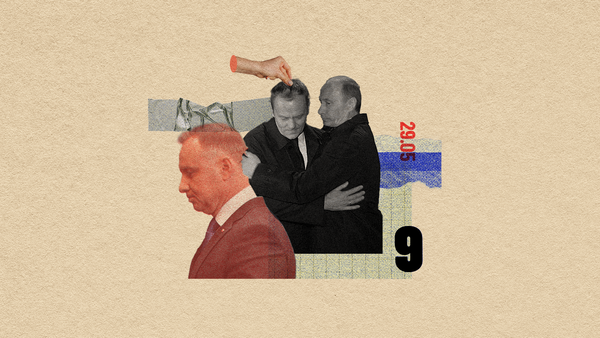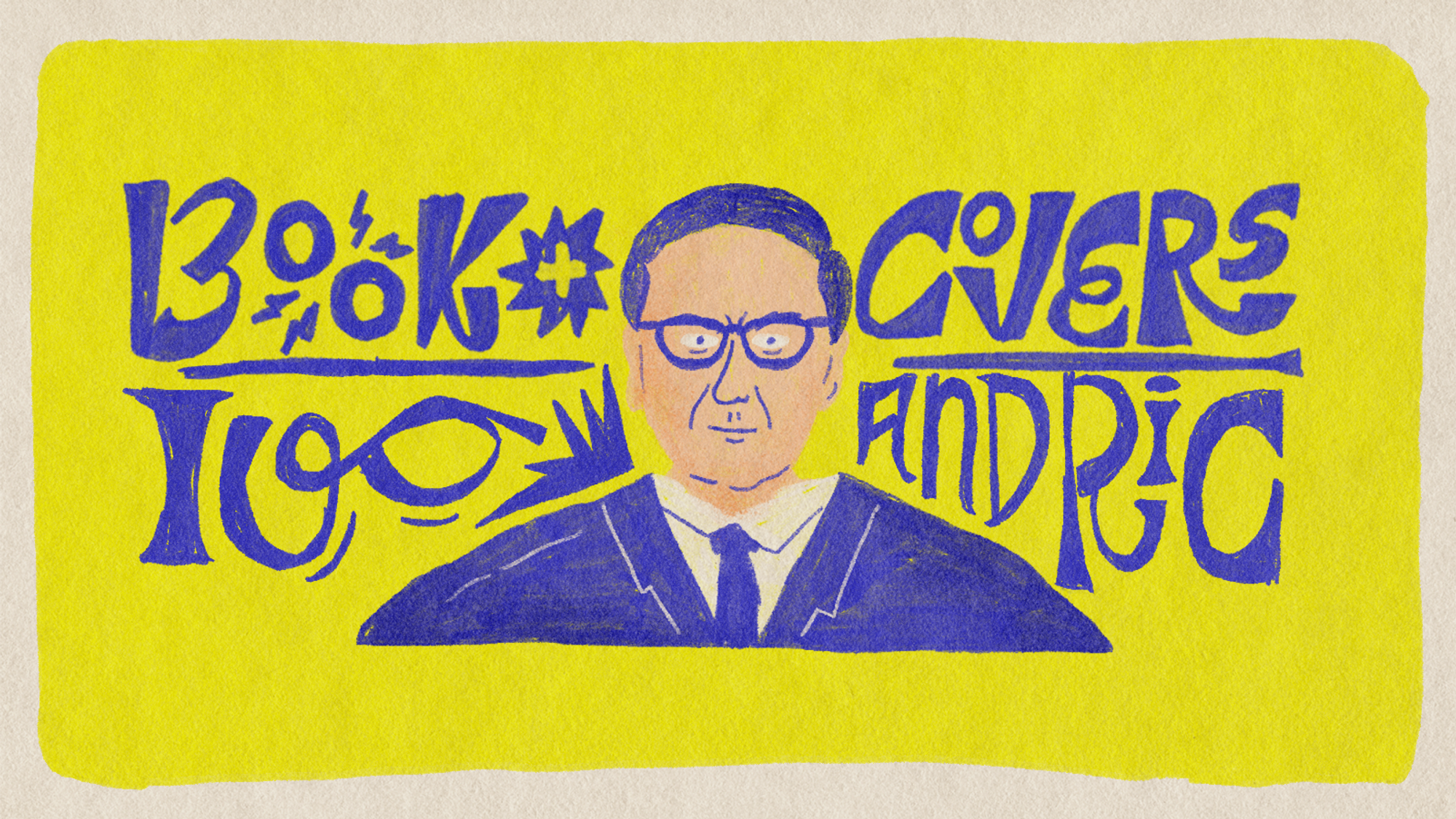Ivo Andrić’s Nobel Prize–winning historical novel, The Bridge on the Drina, follows the fate of the people in a small Bosnian town and the twists and turns of history—with the bridge over the Drina River as a central character in a story spanning four centuries. Let’s take a look at some of the different covers of this book, which has been translated into several languages and published in many countries.
Ivo Andrić was born in the town of Travnik in the former Austro–Hungarian Empire (now in Bosnia and Herzegovina) and went to secondary school in Sarajevo. In 1914, after the assassination of Franz Ferdinand, he was arrested by the Austro–Hungarian authorities for his political activities and spent most of World War I under house arrest. He later studied history and literature at the Universities of Zagreb and Graz, obtaining his doctorate in 1924. From 1920 to 1923 and then from 1924 to 1941, he worked in the diplomatic service of the Kingdom of Yugoslavia. In 1941, he went to German-occupied Belgrade, where he lived quietly in a friend’s apartment—according to some biographers, once again under house arrest. Nevertheless, it was during this time that he wrote his most important works, including the novel The Bridge on the Drina.
In 1961, he was awarded the Nobel Prize in Literature for this work. According to the committee, “Andrić traced themes and depicted human destinies drawn from the history of his country with epic force.” Andrić donated his entire Nobel Prize prize money to Bosnian libraries for the purchase of books. Of course, the prize played a major role in the translation of the novel into many languages.
The main character of this historical novel is Mehmed Paša Sokolović Bridge, which spans the Drina River in Višegrad, Bosnia. The story encompasses nearly four centuries, from the Ottoman Empire to the Austro–Hungarian occupation, while depicting the life and fate of the local inhabitants, mainly Serbs and Bosnian Muslims. And the bridge, built by the Ottomans in the mid-16th century and partially destroyed in World War I, stands over the Drina as a silent witness to history and a site of fateful events: “The life and existence of every great, beautiful and useful building, as well as its relation to the place where it has been built, often bears within itself complex and mysterious drama and history. However, one thing is clear; that between the life of the townsmen and that bridge, there existed a centuries-old bond. Their fates were so intertwined that they could not be imagined separately and could not be told separately. Therefore the story of the foundation and destiny of the bridge is at the same time the story of the life of the town and of its people, from generation to generation, even as through all the tales about the town stretches the line of the stone bridge with its eleven arches and the kapia in the middle, like a crown.”
One novel, twenty-one languages, thirty-one covers. Which is your favorite?
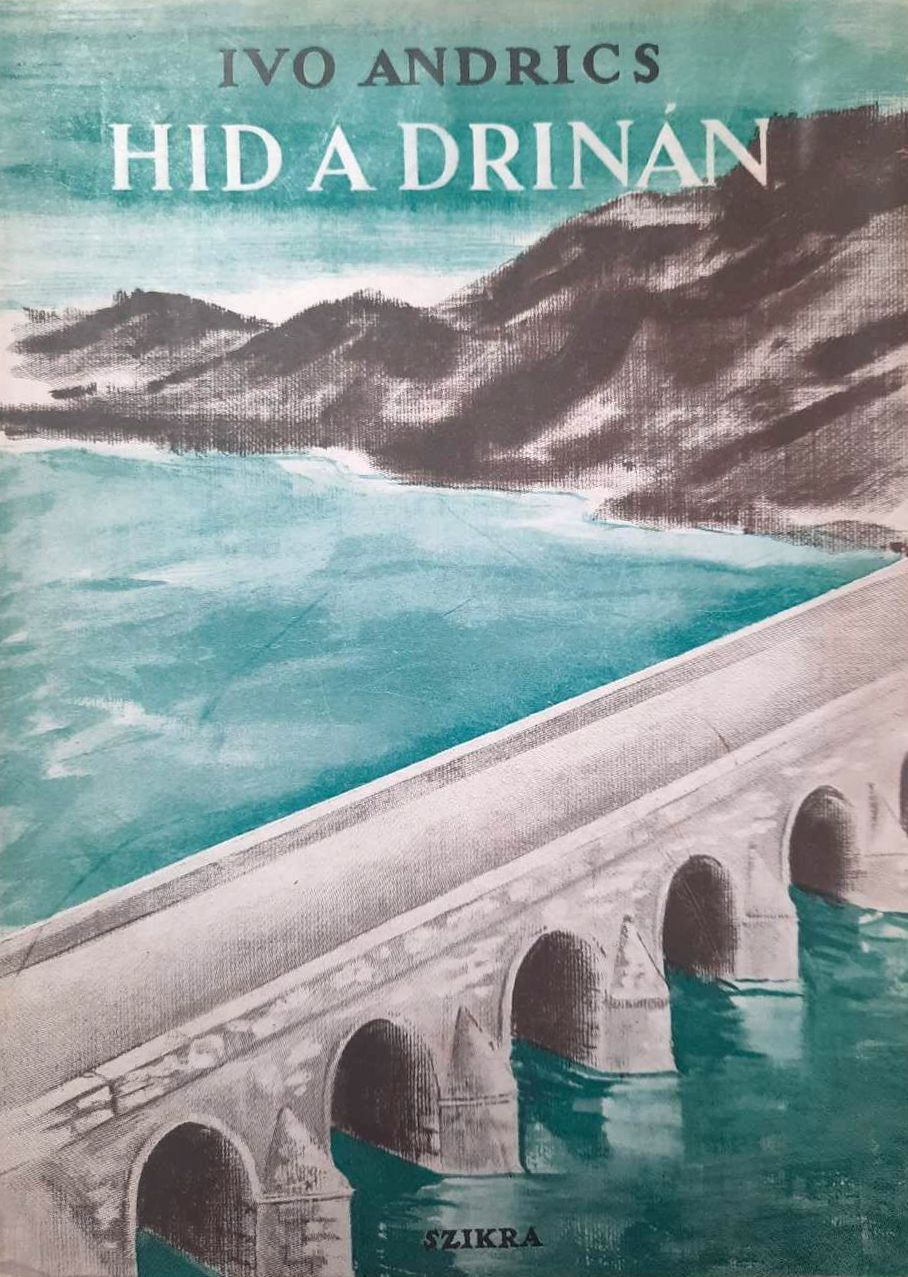
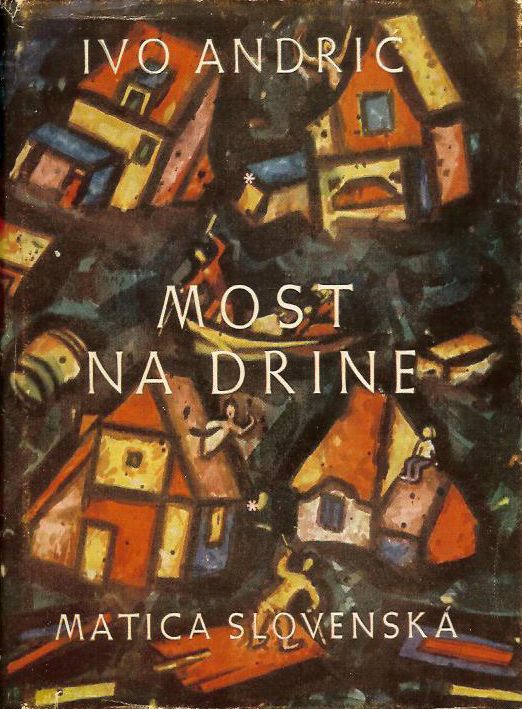
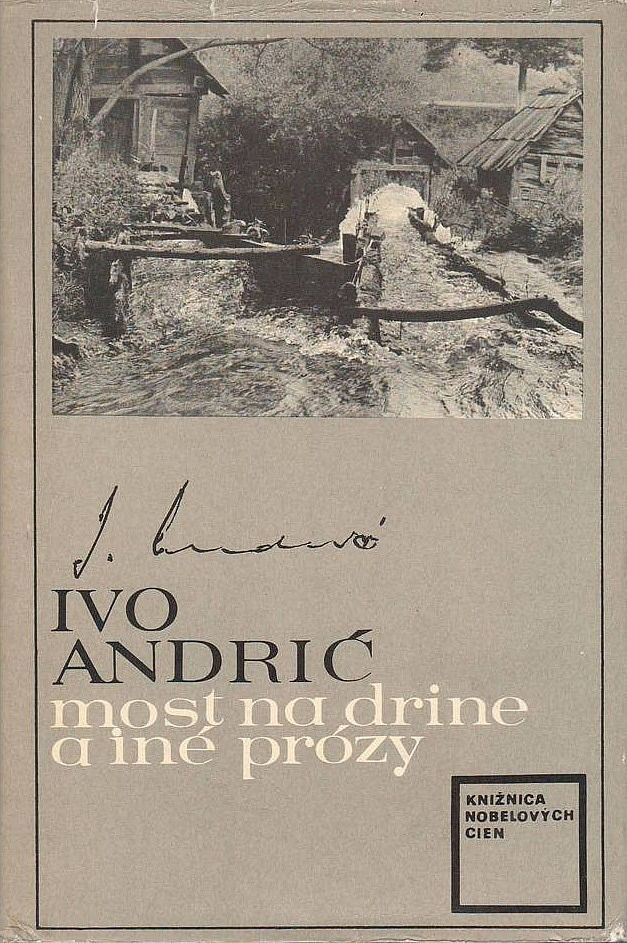
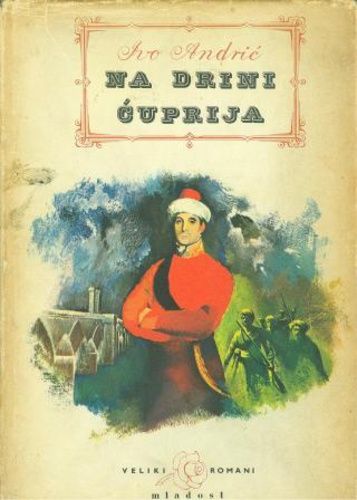
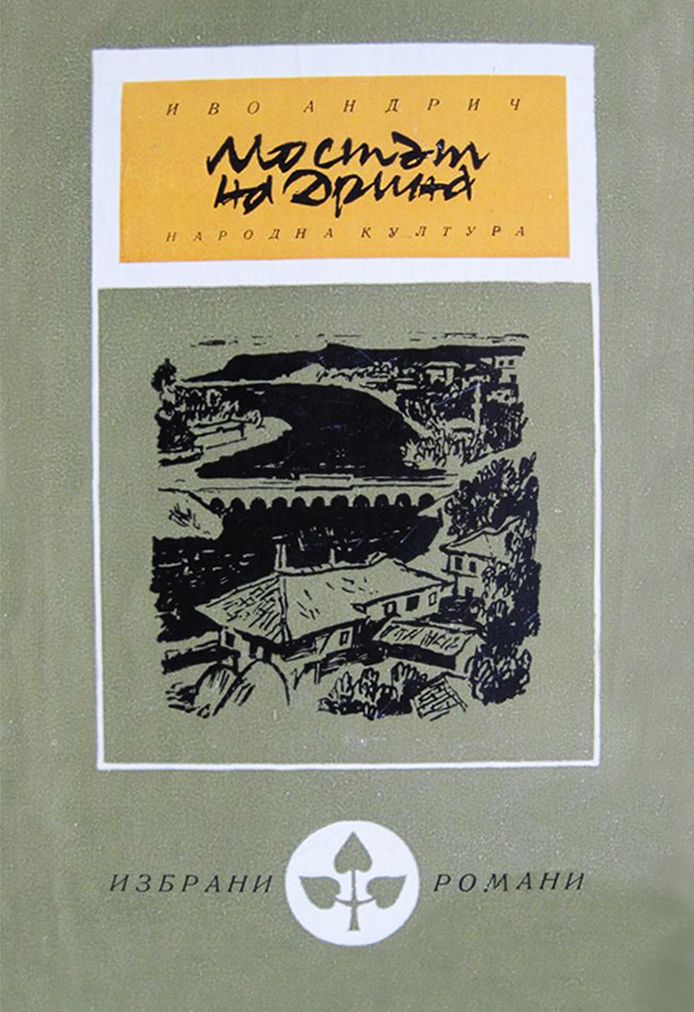
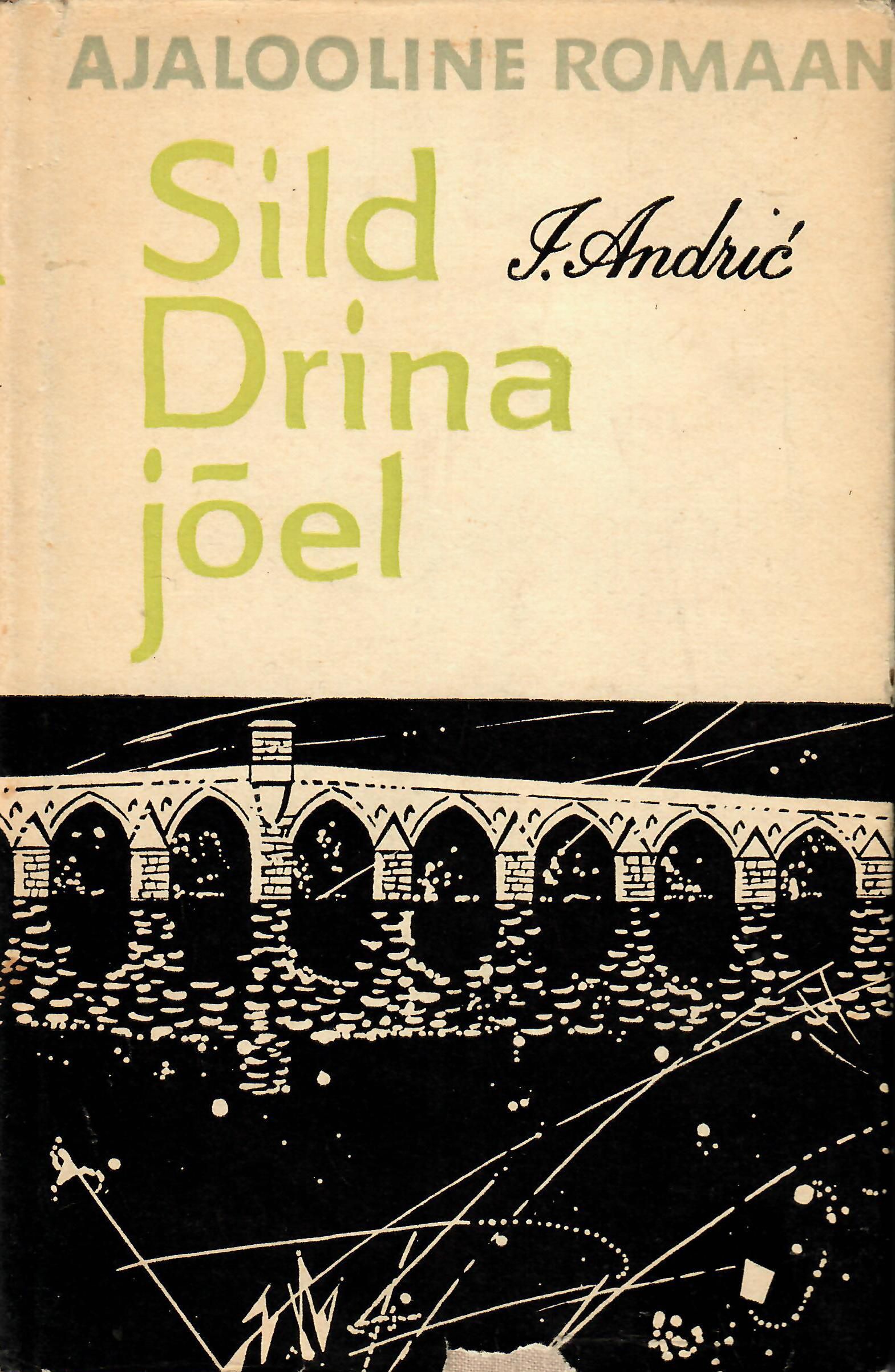
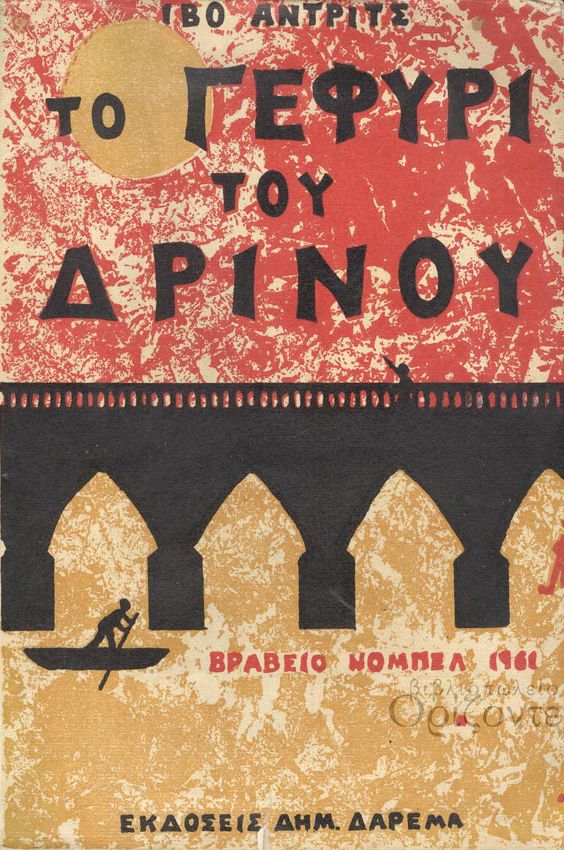
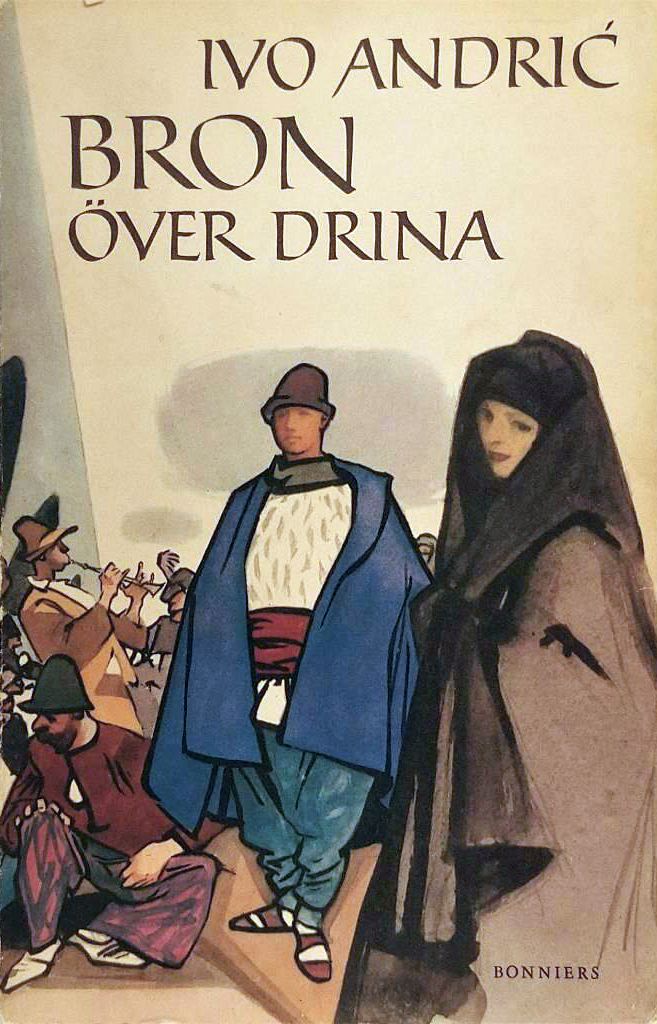
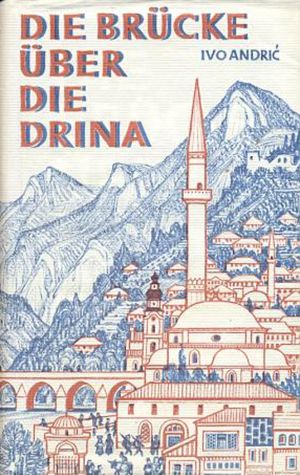
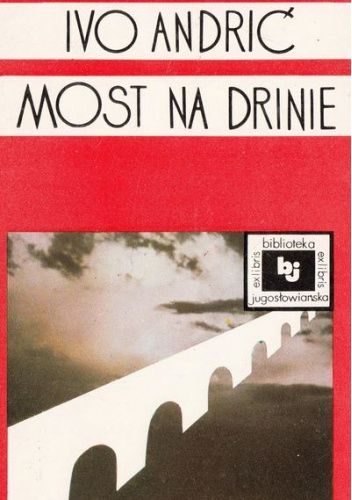
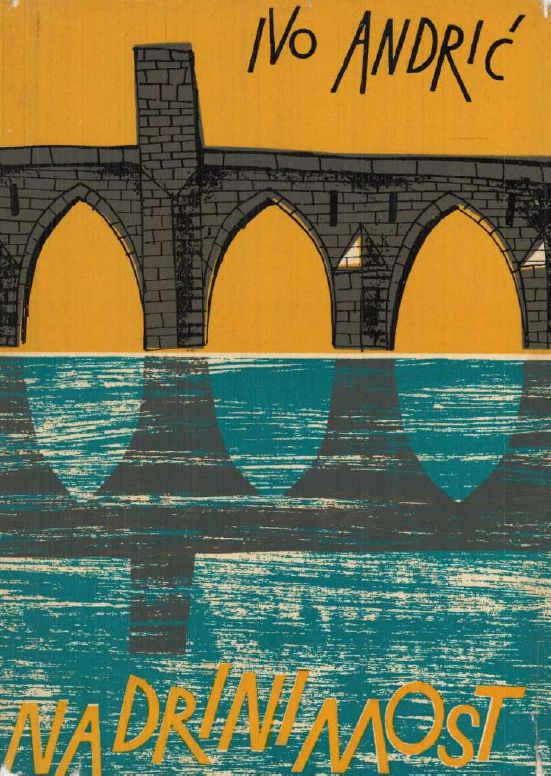
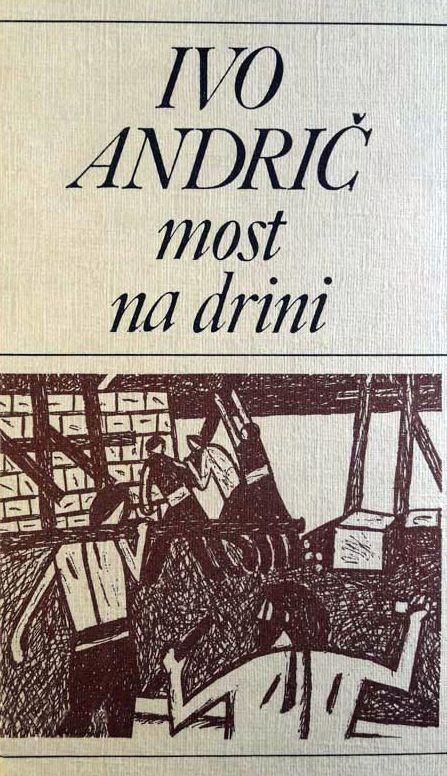
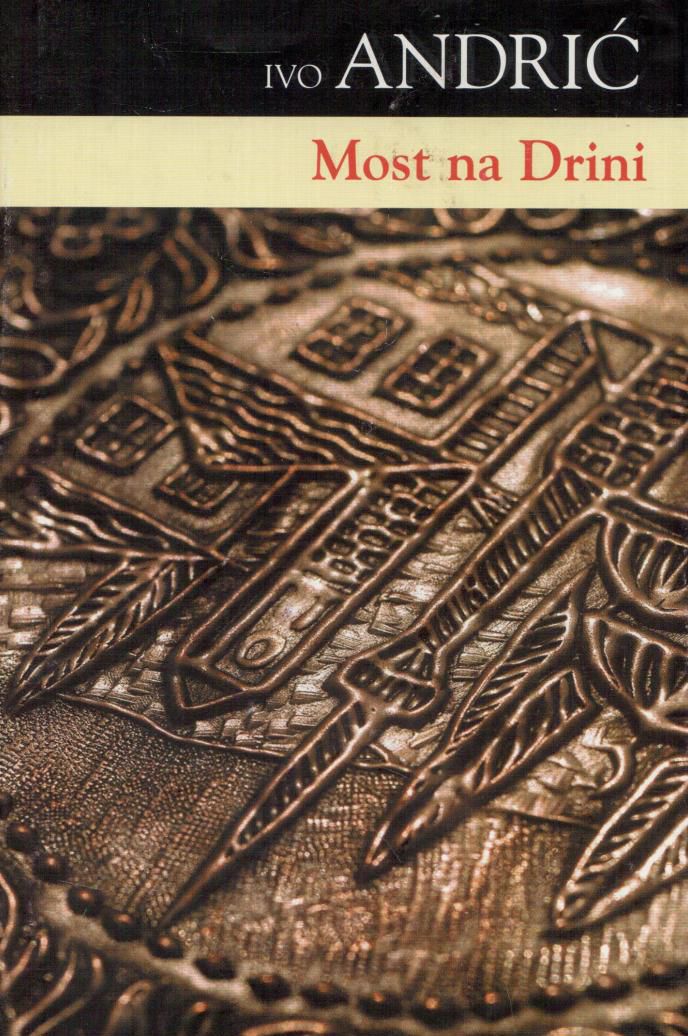
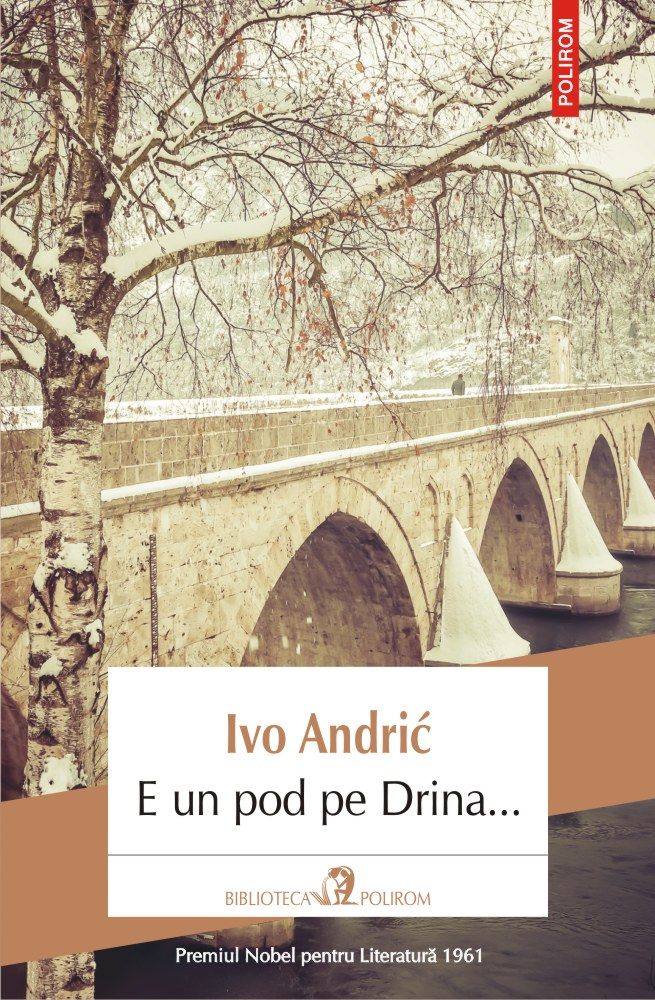
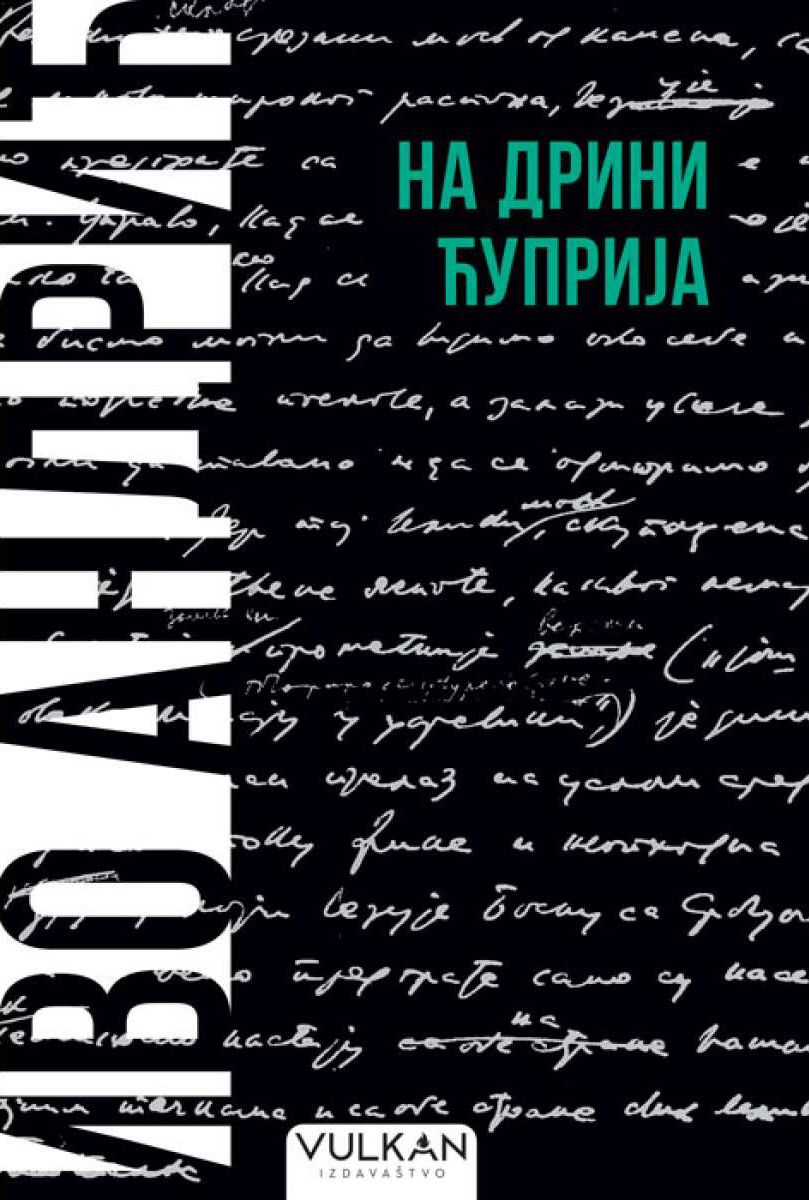
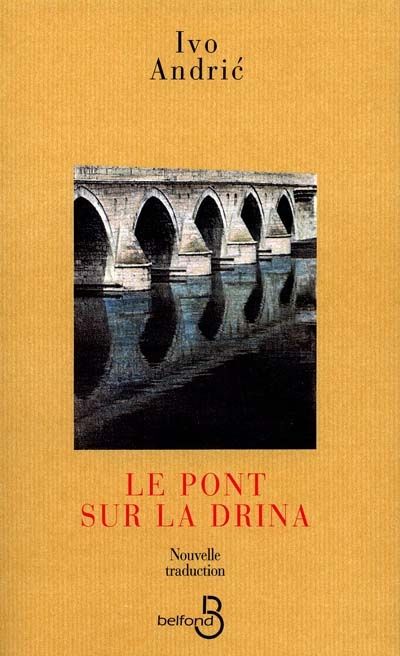
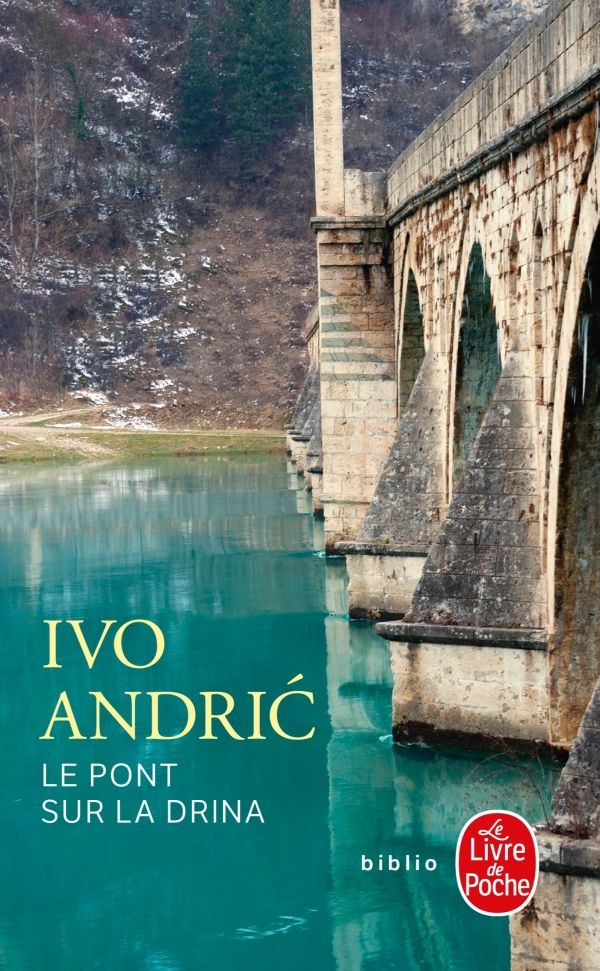
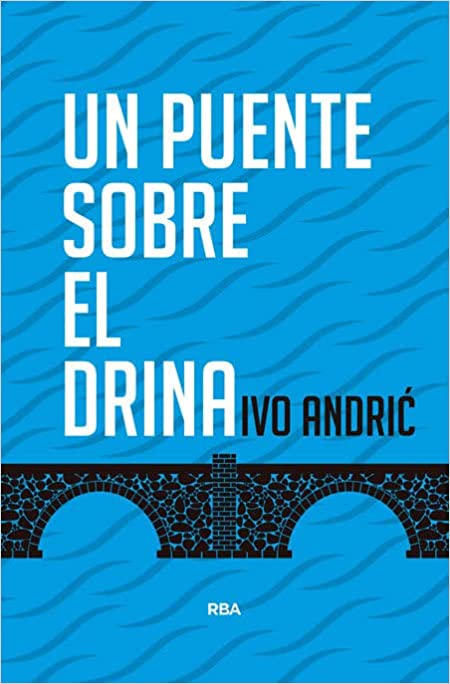
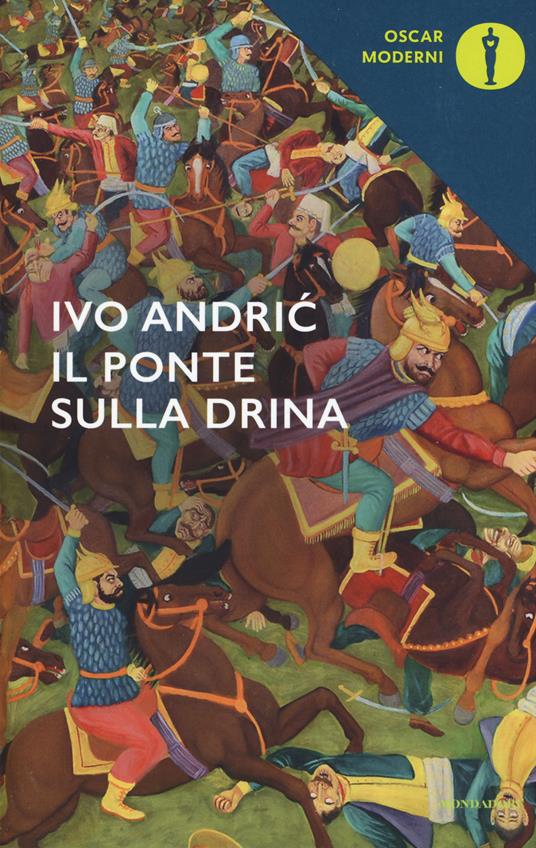
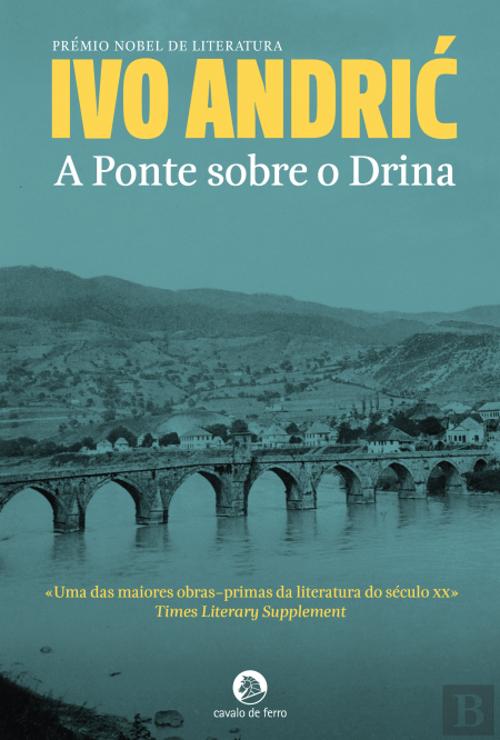
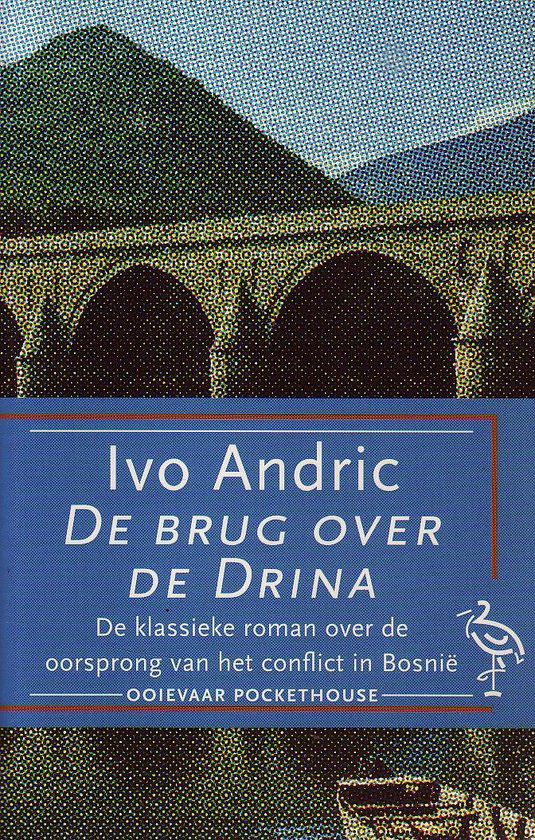
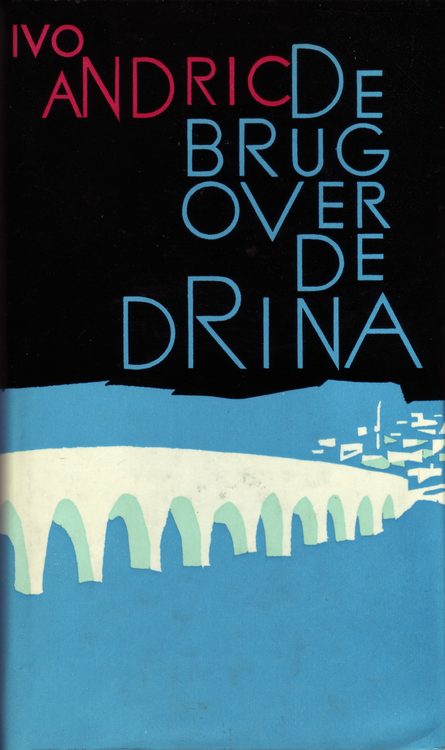
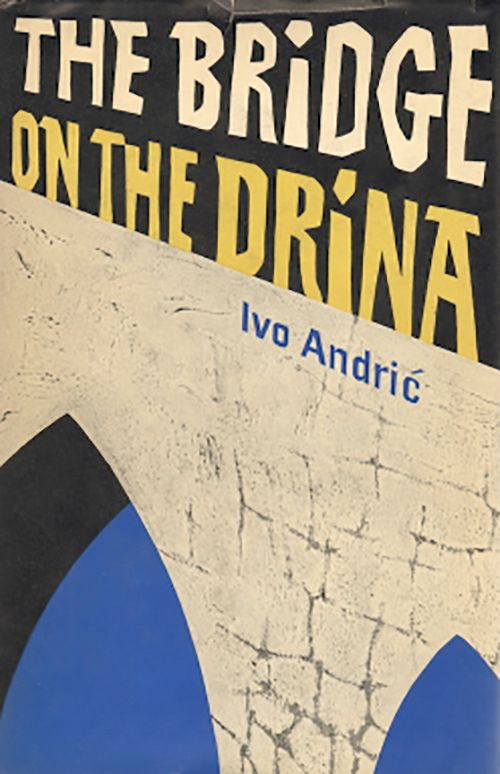
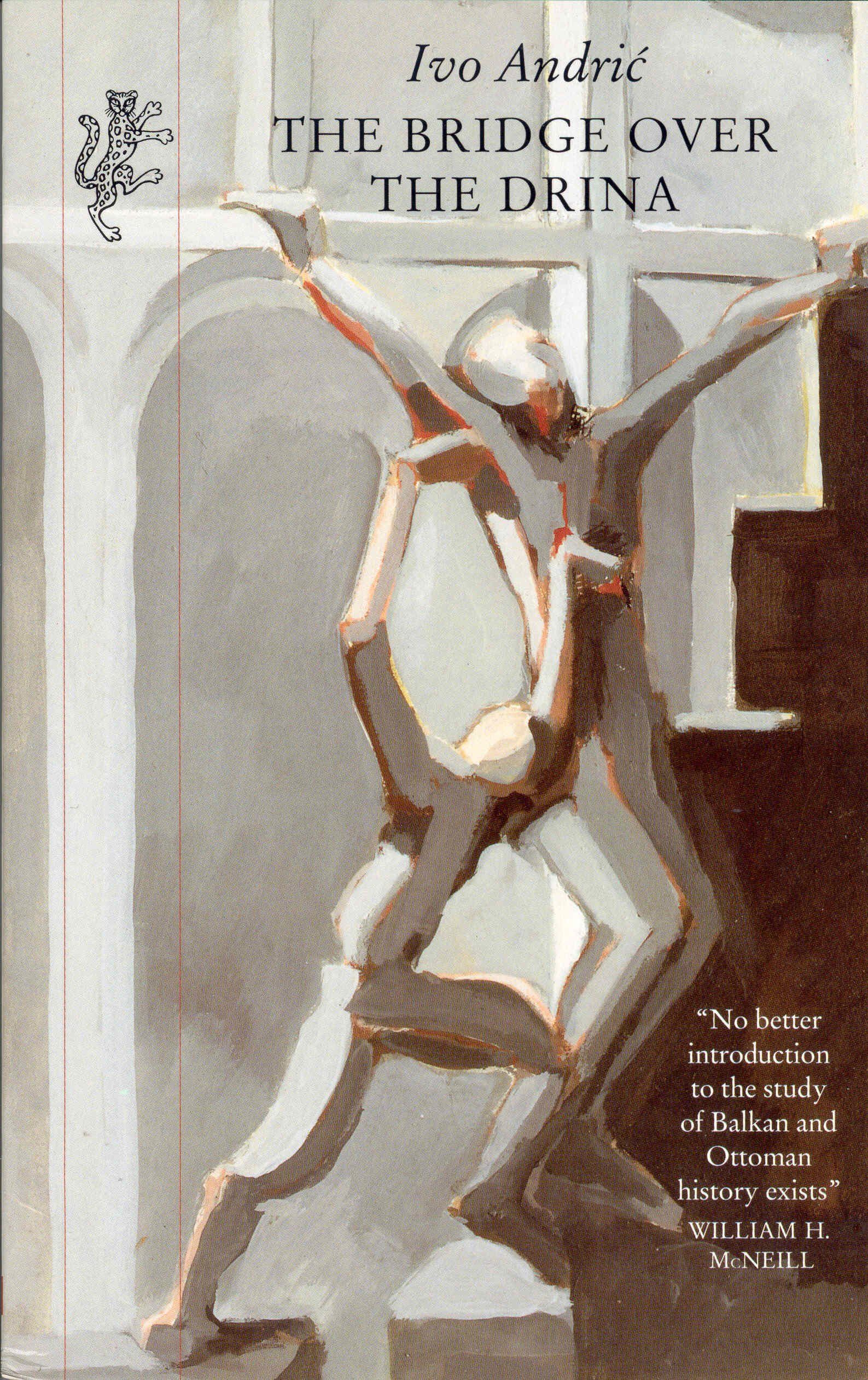
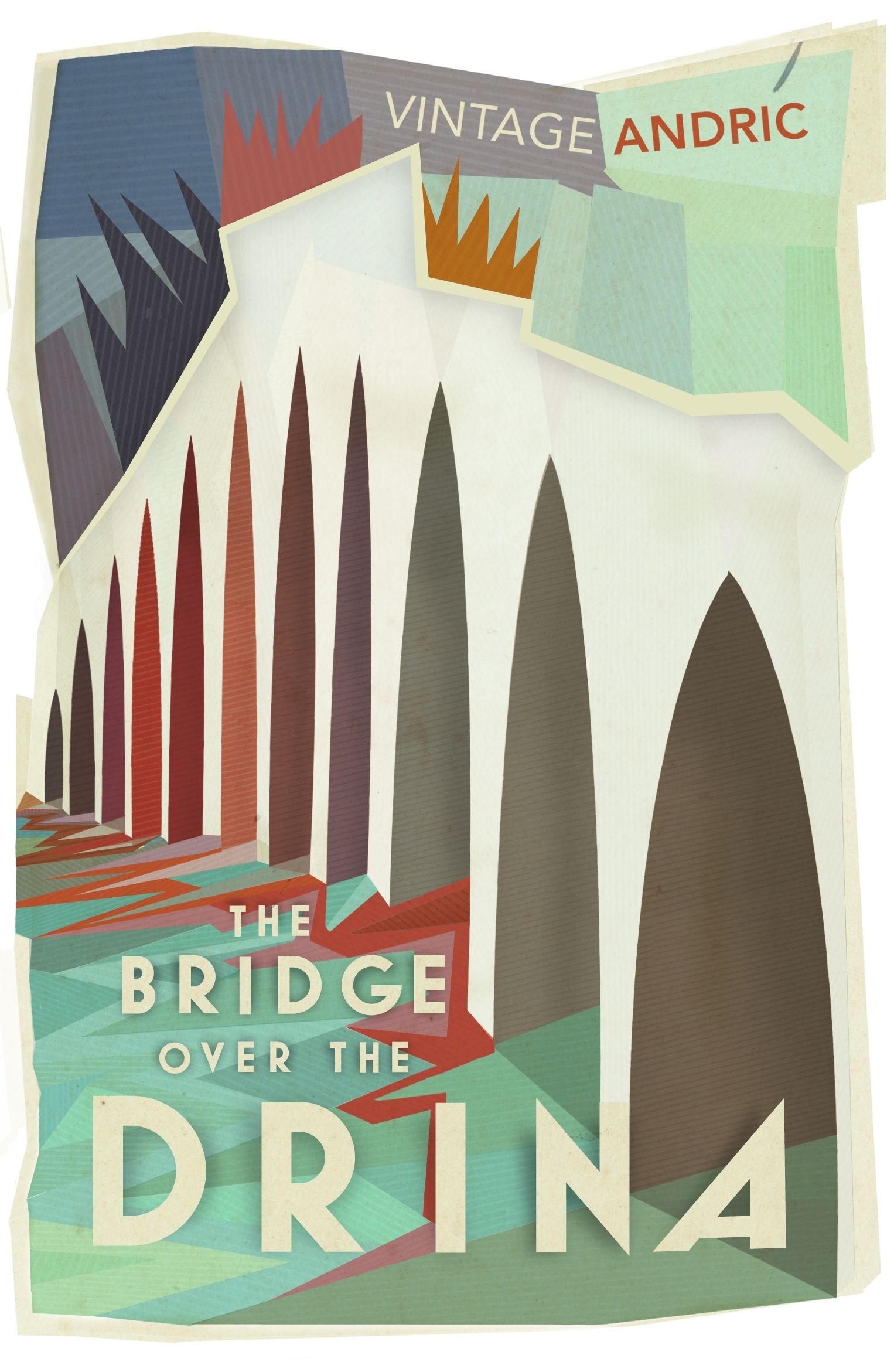
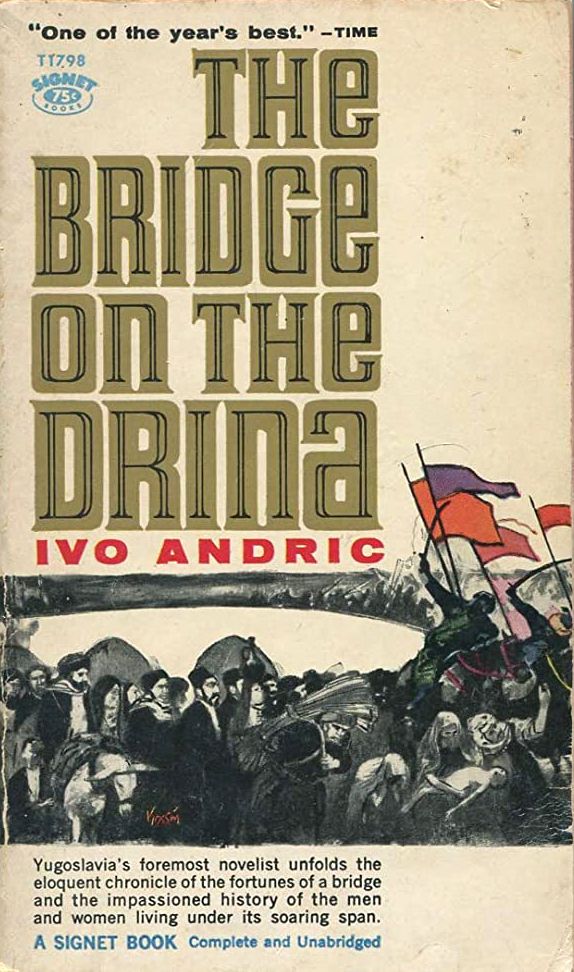
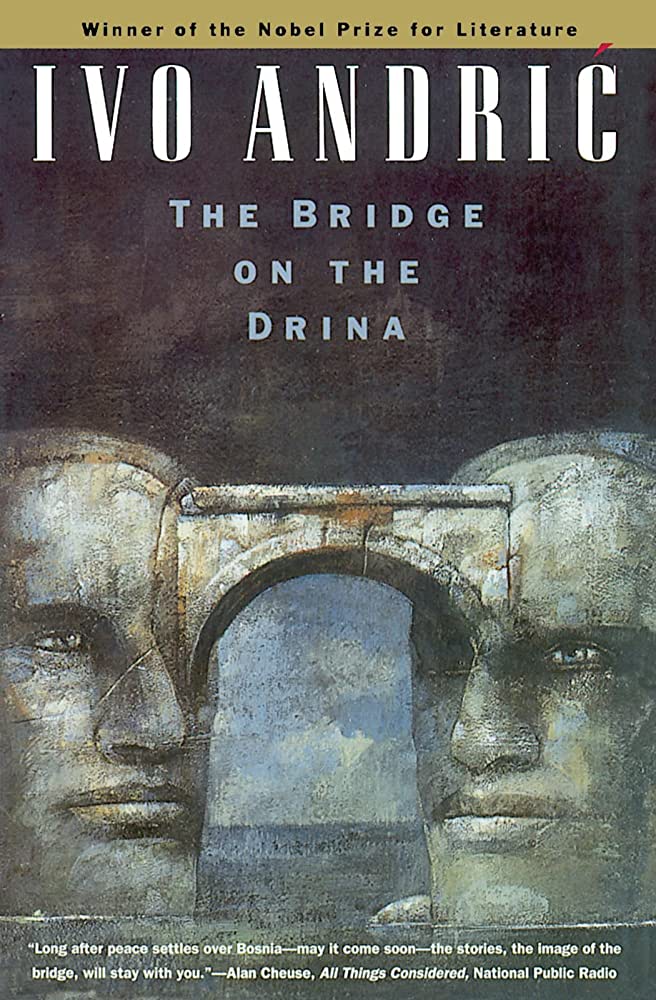
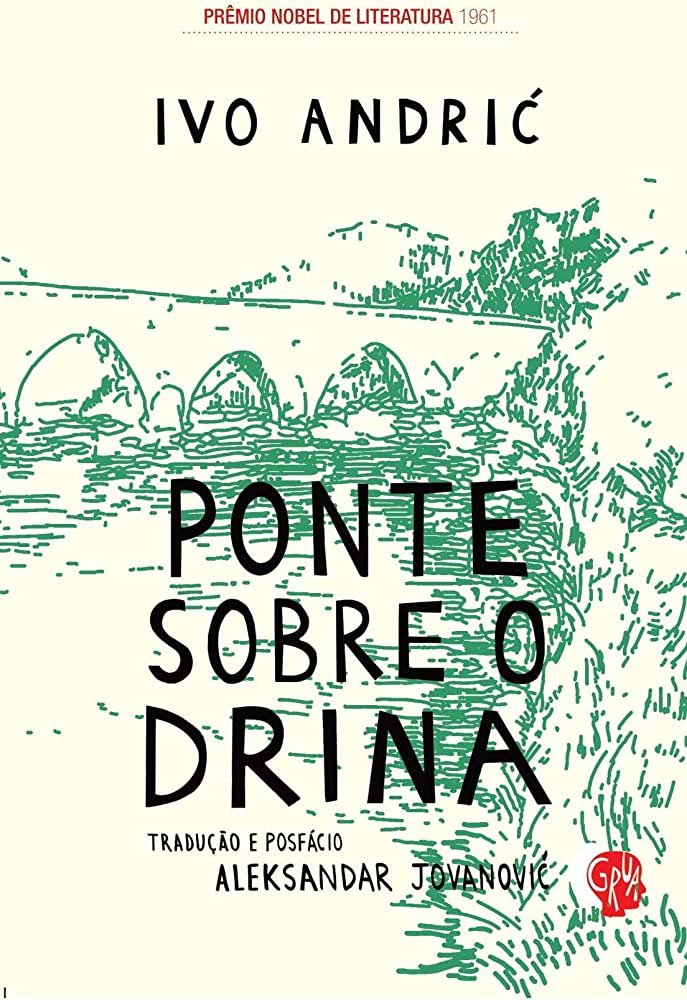
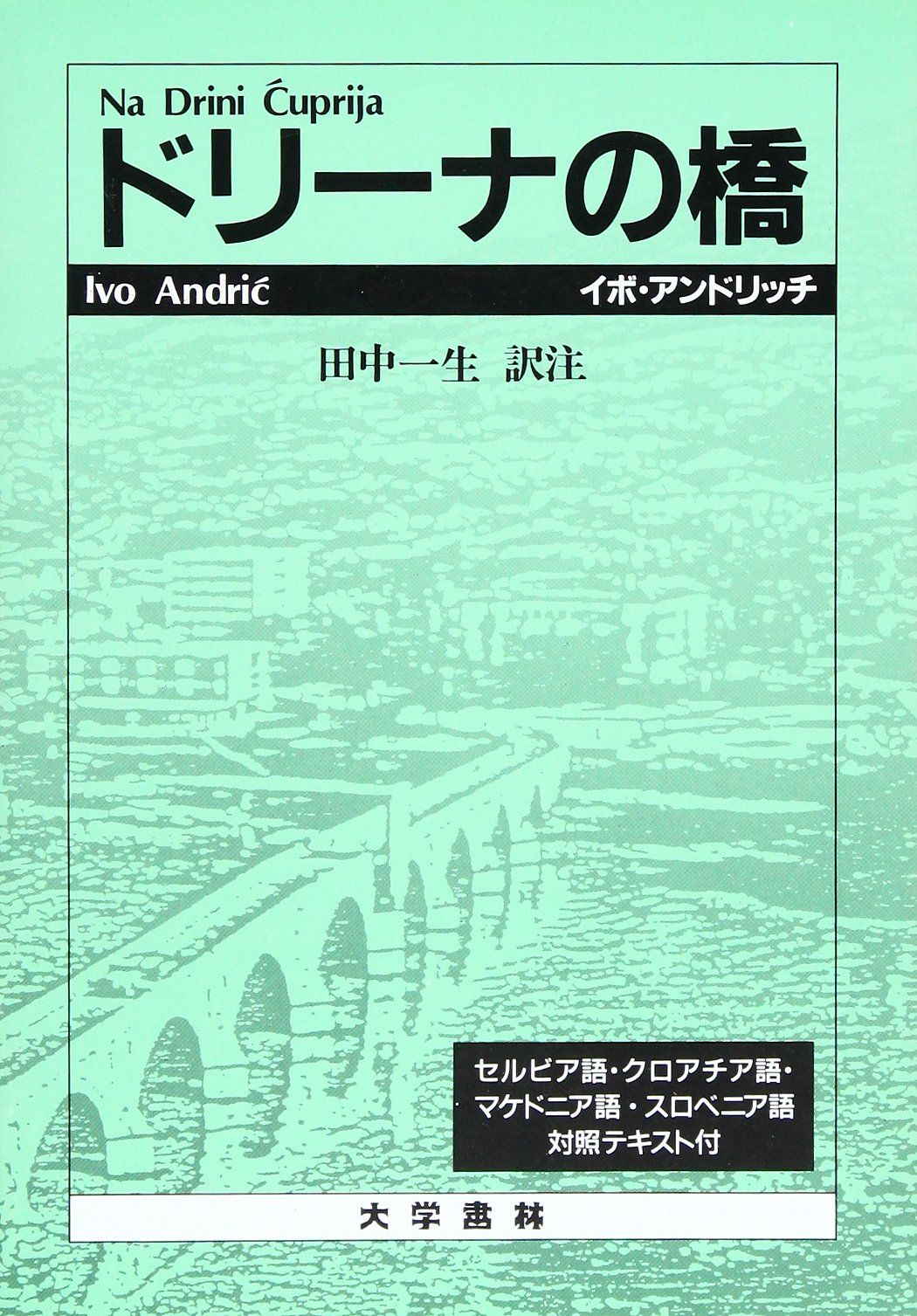
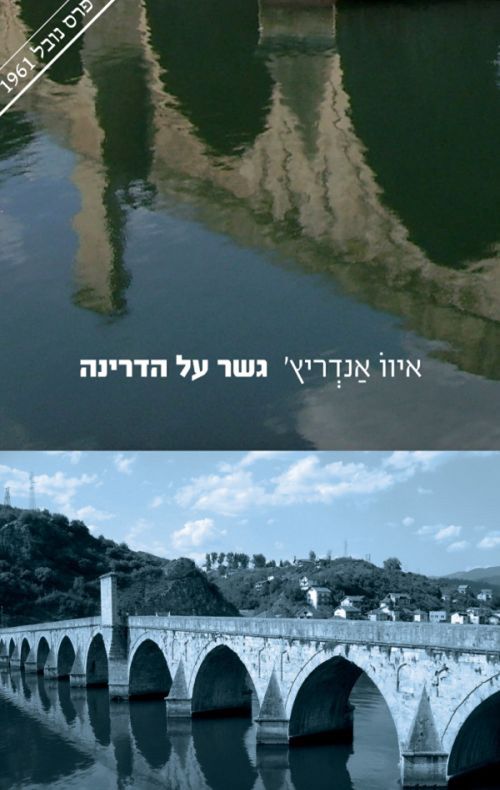
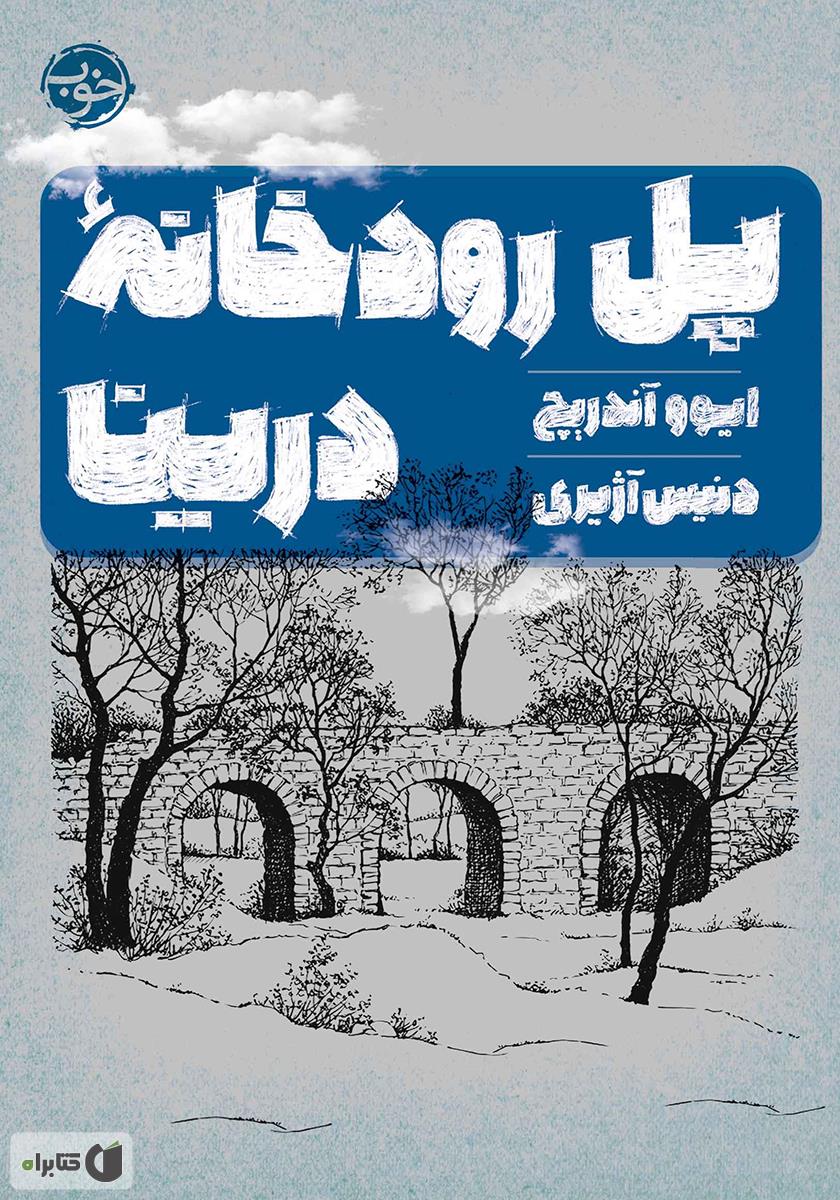
The book+covers series presents the covers of Central and Eastern European literary classics published in countries all over the world.
Cover graphics: Roland Molnár
Translation used for the quotation: 1959, Allen & Unwin, UK, translation: Lovett F. Edwards

If you’re in Bratislava, Otto! is the place for you!
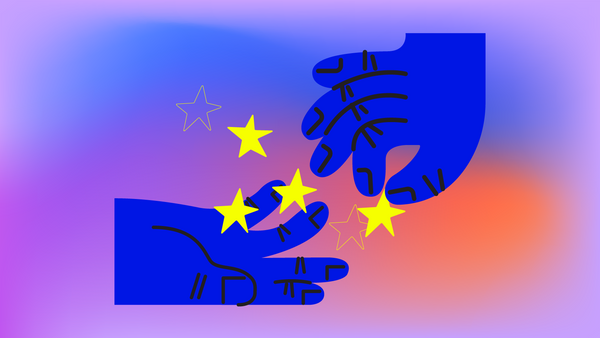
How much do we like the West in the region?
